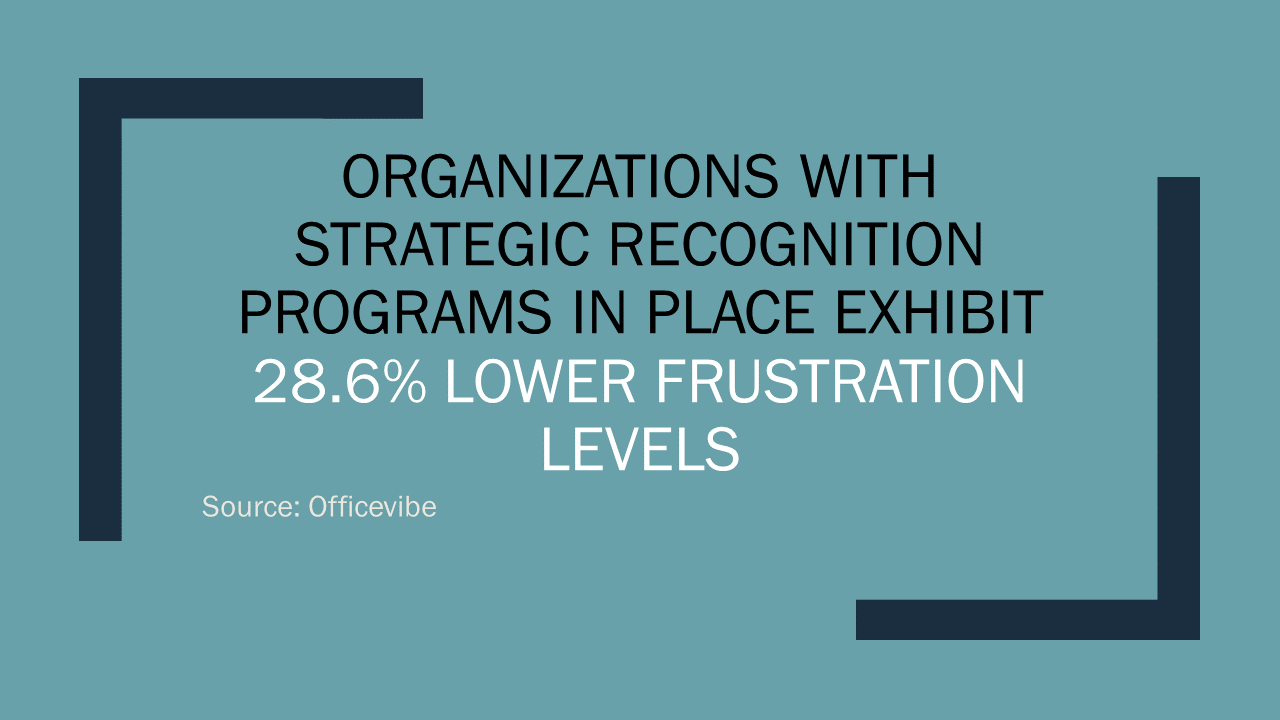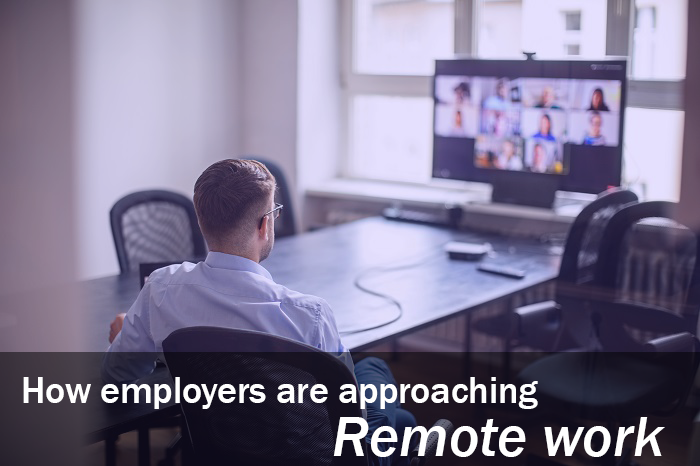As the pandemic continues to impact many aspects of the workplace, businesses have turned to their HR departments to alleviate some of the concerns of their employees, and people and culture officers have stepped up to the challenge–developing new strategies that put culture front and center.
Brad Goldoor, co-founder and chief people officer at Phenom, a global HR tech company, says many of the culture shifts he’s seeing involve flexibility.
“This is the most important time to be agile,” he says. “We have a few people in the office [right now], and we are testing things to see what it’s like and how to reduce all the touchpoints as much as possible. So I tell people, ‘Be agile, flex your plan, analyze it, and learn from it, so you can iterate it based on what is going on at the office.’ ”
Future waves and the reality that many schools will not return to in-person classes in the fall are going to further emphasize the need for flexibility, Goldoor says.
“I think that’s going to impact the need for employers to really change and start optimizing their internal workers,” he says.
Shane Metcalf, chief culture officer and co-founder of 15five, agrees that the rising pandemic numbers will make many employers more cautious to reopen the doors to their offices, yet he notes the ongoing remote-work shift could have an upside.
“I think there’s a large opportunity for the reinvention of cultures, in which we evaluate human beings versus the role they play as an employee to the organization,” he says, noting the business world will be more Darwinistic than ever–those with the most adaptable remote work cultures will survive. “The need to do remote culture extremely well in a way that helps employees feel seen and valued without being in an office will be crucial.”
Related: Google workers will stay remote until summer 2021
He points to the need for a “cultural reinvention of the ‘new’ workplace”–including deliberate and structured communication processes to make up for the traditional interactions remote workers miss out on.
This includes coming together for more team stand-ups, having virtual happy hours or game meetings as teams, all-hands meetings, water cooler Slack channels and groups to come together, Metcalf says.
15five has implemented several new approaches to keep in touch with employees during the pandemic.
“I personally have been checking in with employees in separate one-off meetings, or even social distancing hikes, to see how our employees are really doing and feeling during these times,” Metcalf says. “We’ve also altered our communications cadence with our employees in our weekly company meetings, being transparent about the issues the company is facing and how we’re working together to get on track.”
At the heart of those strategies is empathy, Metcalf says, which is increasingly important, given the added responsibilities many employees now have.
“As a leader in HR,” Metcalf says, “it’s so important to hear what the employee’s concerns are and find ways to work through it to come up with solutions to help employees feel heard, valued and supported as they should be.”




